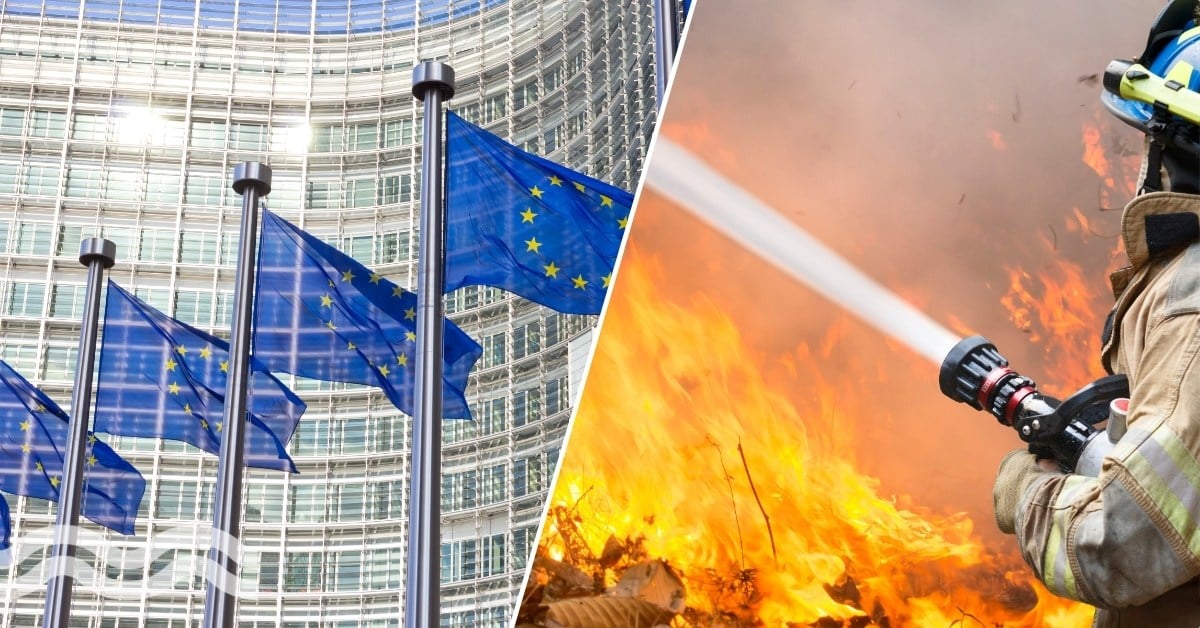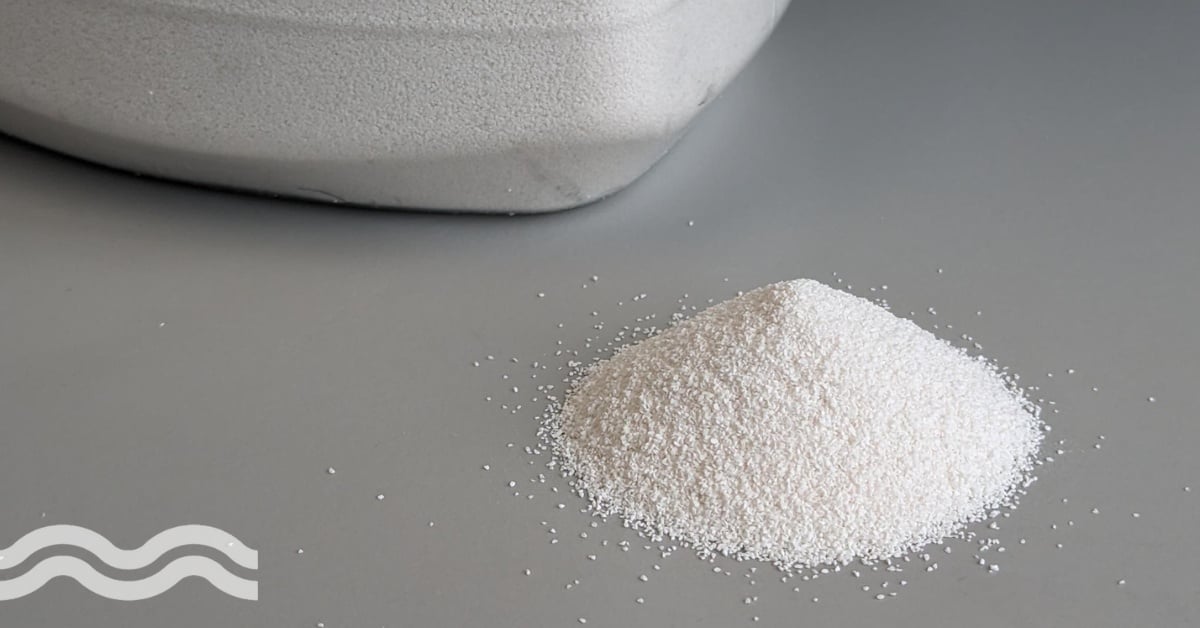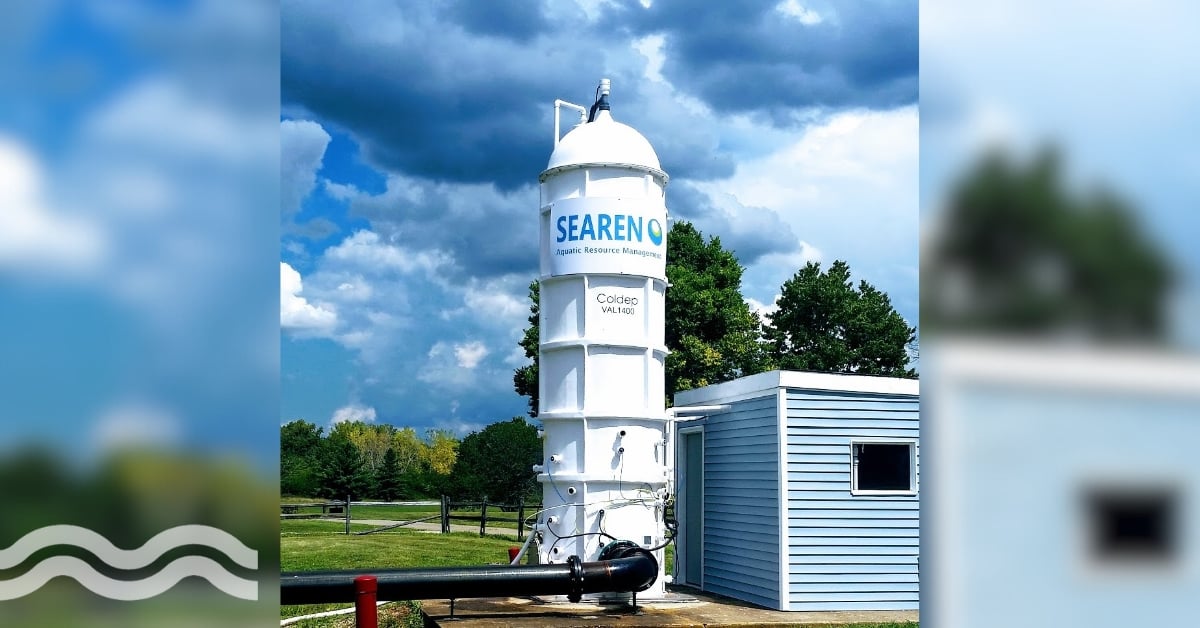European Commission: Water resilience priority and PFAS action
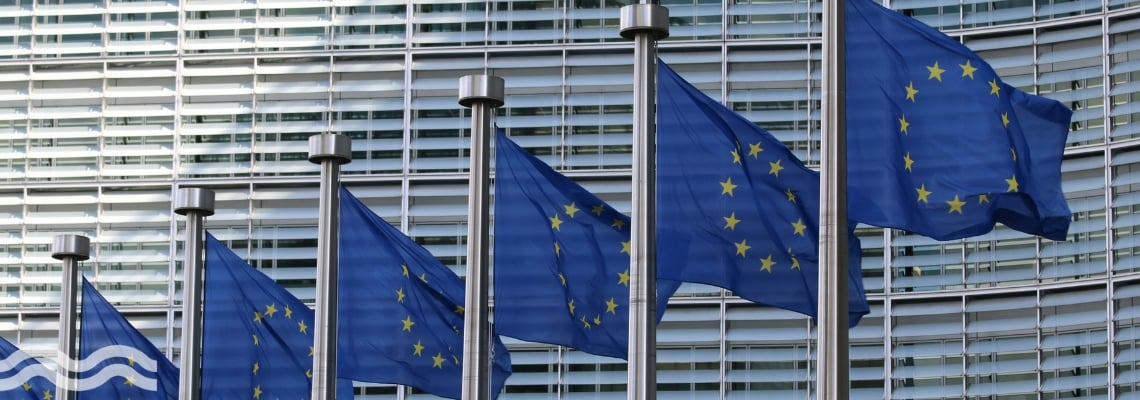
The European Commission has moved to strengthen water resilience with the appointment of a new commissioner, restrictions on more 'forever chemicals' and the registration of a new citizen initiative.
A new commissioner with a focus on water resilience
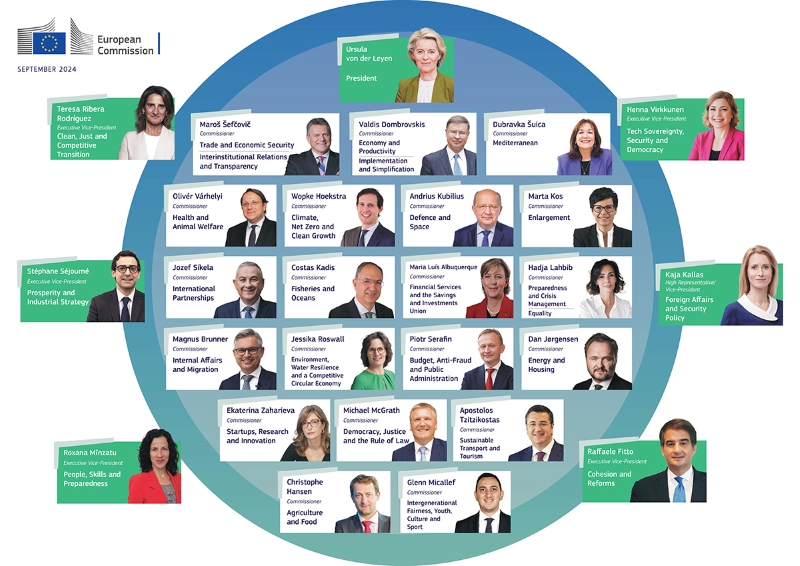
European Commission president Ursula von der Leyen has appointed a new college of commissioners which includes the appointment of Jessika Roswall as commissioner for Environment, Water Resilience and a Competitive Circular Economy.
Her role will 'help develop a more circular and more competitive economy. And she will lead the work on water resilience which is a big priority for the years ahead'.
The commissioners, the president told media would help achieve important goals, such as: "Strengthening our tech-sovereignty, security and democracy. Building a competitive, decarbonised and circular economy, with a fair transition for all. Designing a bold industrial strategy with innovation and investment at its heart. Boosting European cohesion and regions. Supporting people, skills and our social model. Ensuring Europe can assert its interests and lead in the world."
By making clear that all commissioners would need to work together across portfolios, because "what affects security affects democracy, what affects the economy affects society, and what affects climate and environment, also affects people and business," the president has put water resilience and security on an equal footing with other policy areas, a move welcomed by the water industry.
Restricting more PFAS chemicals
The European Commission has taken further action against per- and polyfluoroalkyl substances ('PFAS') by adopting new measures under its REACH Regulation to restrict the use of undecafluorohexanoic acid ('PFHxA') and PFHxA related substances. PFHxA is often used as substitution for another already banned PFAS (perfluorooctanoic acid, or 'PFOA').
The restriction applies to uses of PFHxA where risk is not adequately controlled, alternatives are available, and socio-economic costs will be limited in comparison to the human health and environmental benefits.
Much like other PFAS chemical, PFHxA is often used in consumer textiles, such as rain jackets; food packaging, like pizza boxes; consumer mixtures such as waterproofing sprays; cosmetics like skin care products; and in some firefighting foam applications like for training and testing.
The restrictions, which will take effect after transitional periods of between 18 months and 5 years, depending on the use and allowing time for replacement by safer alternatives, will not affect other applications of PFHxA, for example, in semiconductors, batteries, or fuel cells for green hydrogen.
The restriction does not form part of the proposal to restrict the entire PFAS group of chemicals which is being assessed by the European Chemical Agency.
Speaking on behalf of the European Commission, Margrethe Vestager, executive vice-president for a Europe Fit for the Digital Age, told media: "The restriction on this sub-group of PFAS is one more milestone that brings us closer to a toxic-free environment. Our EU rules allow us to restrict harmful substances when there are safe alternatives. To the benefit of all consumers and for a green transformation of our society."
A water smart and resilient Europe
Adding to the Commission's drive to make water resilience one its top priorities, the European body has registered a European Citizens' Initiative, entitled 'ECI for a Water-Smart and Resilient Europe'.
While the content of the initiative only expresses the views of the ECI's organisers, and does not in itself reflect the views of the Commission, if the initiative receives at 'least one million statements of support within one year with minimum numbers reached in at least seven different Member States, the Commission will have to react' and decide whether it will respond to the request (or explain it's reasons for not doing so).
The organisers of the 'ECI for a Water-Smart and Resilient Europe' have the following aims: Advocating for an action plan for water; elevating water resilience to the same priority as decarbonisation; reducing society's water footprint; accelerating a shift towards water-efficient industry and agriculture; ensuring the right skills for a water-smart economy; supporting restoration and protection efforts; and ensuring the right to clean and safe water and sanitation.
A statement from the organisers included: "This ECI recognises that citizens can contribute to innovative solutions to tackle water-related challenges in all dimensions: domestic, economic, and environmental. It calls for adopting a comprehensive strategic political priority on water integrated into all EU policies."
It added: "A paradigm shift at EU level is critical to safeguard clean water for all and to facilitate a genuine transition towards a water-smart society. This entails a consolidated effort to enhance water governance, improve efficiency, and integrate water sustainability into all facets of policy and practice."
